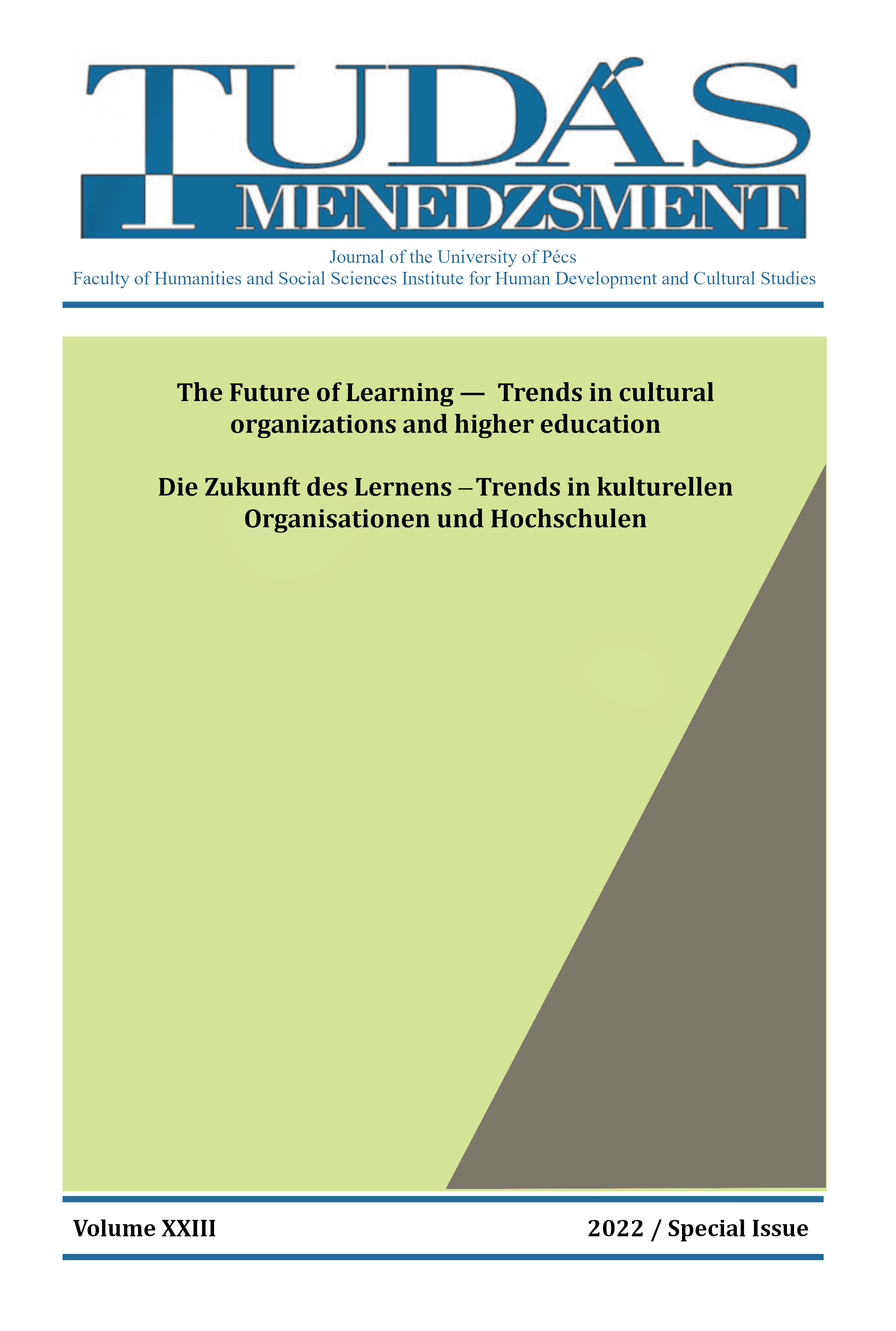Technological innovation in learning cities and adult education programmes: A comparative analysis between Mexico and Nigeria
DOI:
https://doi.org/10.15170/TM.2022.23.K1.5Absztrakt
In contemporary times, technological innovation has become the order of the day, and different sectors have been able to infuse technological innovations to promote their professions and professionalism; thus, technological innovations are considered in adult education programmes to promote learning cities. Technology and innovation direct facilitators and learners to the point of adult learning and the growing technological innovation. Hence, this study seeks to examine technological innovations in learning cities: a comparative between Lagos, Nigeria and Huejotzingo, Mexico. Four research questions were raised to guide this study. The study as well looked at comparative analysis haven established the justification for comparative in this study as the form of technological innovation used to promote adult education programmes, and for the fact that Nigeria and Mexico share similarities in historical background of how technological innovation have been used over time. Convenient sampling technique was used to select 150 respondents in Somolu local government area of Lagos state, Nigeria. Both primary and secondary data were used. The study shows that insufficient or lack of funds which limit institution to have advanced technology tools could be the major factor that hinders the use of advanced technology in the provision of adult education programme. The paper recommends proper funding of life-long learning by the government; technological education should be included in all adult education programmes and made accessible to all within the state to achieve education for all and sustainability in cities and communities.


